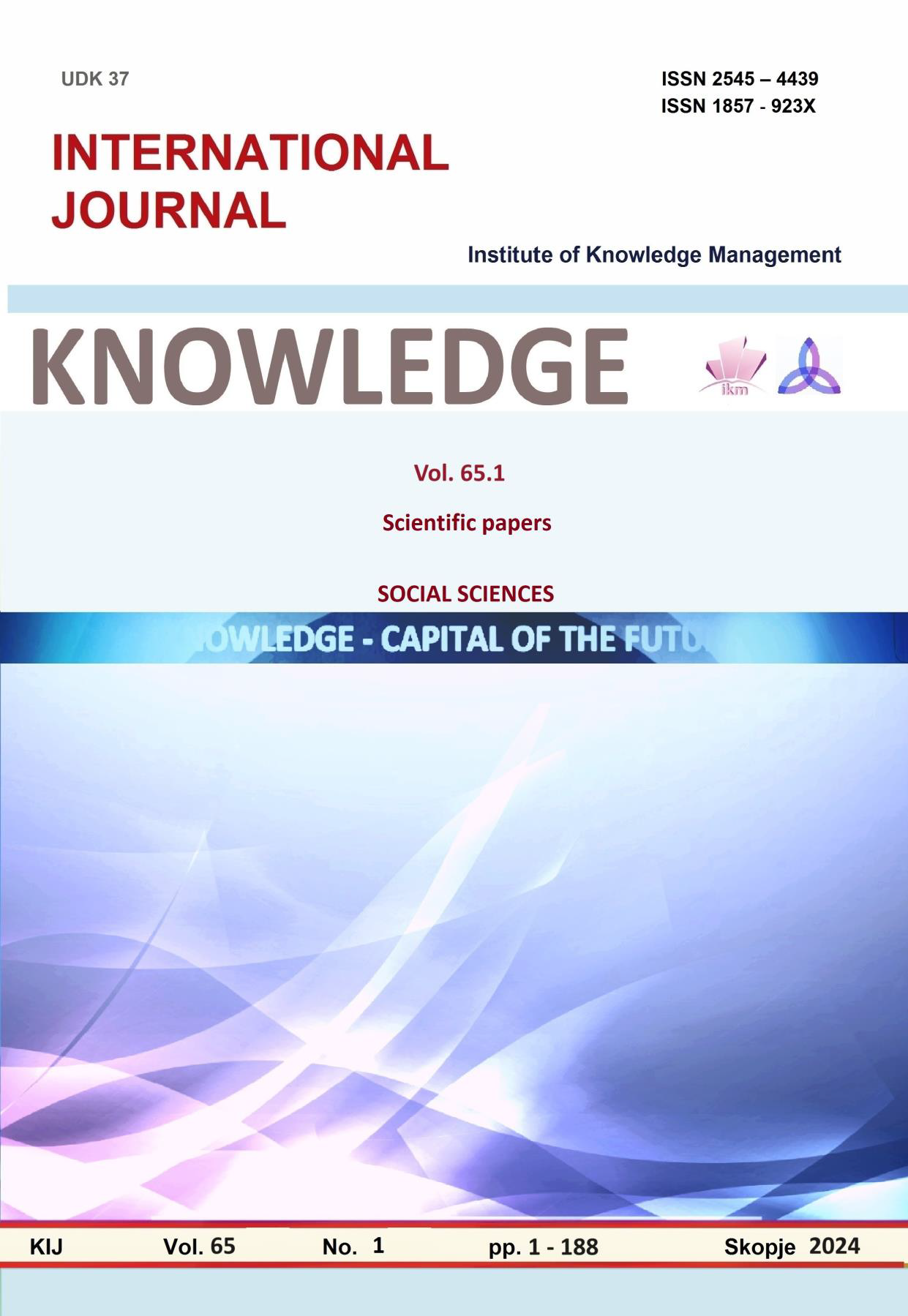STUDIES OF THE SHADOW ECONOMY IN BULGARIA: A REVIEW ARTICLE
STUDIES OF THE SHADOW ECONOMY IN BULGARIA: A REVIEW ARTICLE
Author(s): Venelin Boshnakov, Valentin GoevSubject(s): National Economy, Public Finances, Socio-Economic Research
Published by: Scientific Institute of Management and Knowledge
Keywords: shadow economy;policy research;Bulgaria
Summary/Abstract: Issues related to shadow economy operation in Bulgaria and its socio-economic effects have been constantly a subject of extensive academic research. This was especially valid for the 1990s – the first decade of the market transition and related social, political, and economic reforms. Various studies aimed in understanding the multifaceted nature of undeclared work and its implications on the country's economic system. Policy-oriented research focused on issues concerning policymakers providing insights into the main drivers of the grey economy, enabling the development of targeted measures to address these underlying causes. This perspective is essential in understanding the shadow economy in Bulgaria as a former transition country not as an isolated phenomenon but as an integral part of the economic fabric that requires sophisticated and multifaceted responses. Furthermore, the methodological experience of researchers in monitoring the shadow economy in Bulgaria has evolved significantly, with a blend of statistical and sociological approaches being applied. In this respect, questionnaire surveys applying modern sociological standards as well as both micro- and macro-econometric analyses have been utilized. Particularly, various surveys have been instrumental in informing the policymaking in respect of the support to the national strategy for measuring, restricting, and preventing shadow economic activities. Additionally, the academic literature on the hidden economy in Bulgaria reflects on various socio-economic effects, including social legitimacy and economic expediency, viewing the grey economy as a parallel economic reality composed of life strategies that adapt to, neutralize, or completely ignore formal rules. This review article emphasizes on the complexity of the shadow economy issues in Bulgaria and the need for implementing comprehensive approaches to its study and evaluation. The ongoing academic discourse underscores the importance of continuous research and the adaptation of methodologies to capture the dynamic nature of this phenomenon. Moreover, the hidden economy has implications for tax morale, resulting in lower government revenues and impacting the country's ability to reach the goals of its national development programmes and sustainable growth. Particularly, the focus of the current review is put on a selection of recent studies that provides valuable information beneficial for the justification of different strategies to mitigate the negative impacts of the shadow economy, thereby fostering a more transparent and robust economic environment.
Journal: Knowledge - International Journal
- Issue Year: 65/2024
- Issue No: 1
- Page Range: 97-102
- Page Count: 6
- Language: English

